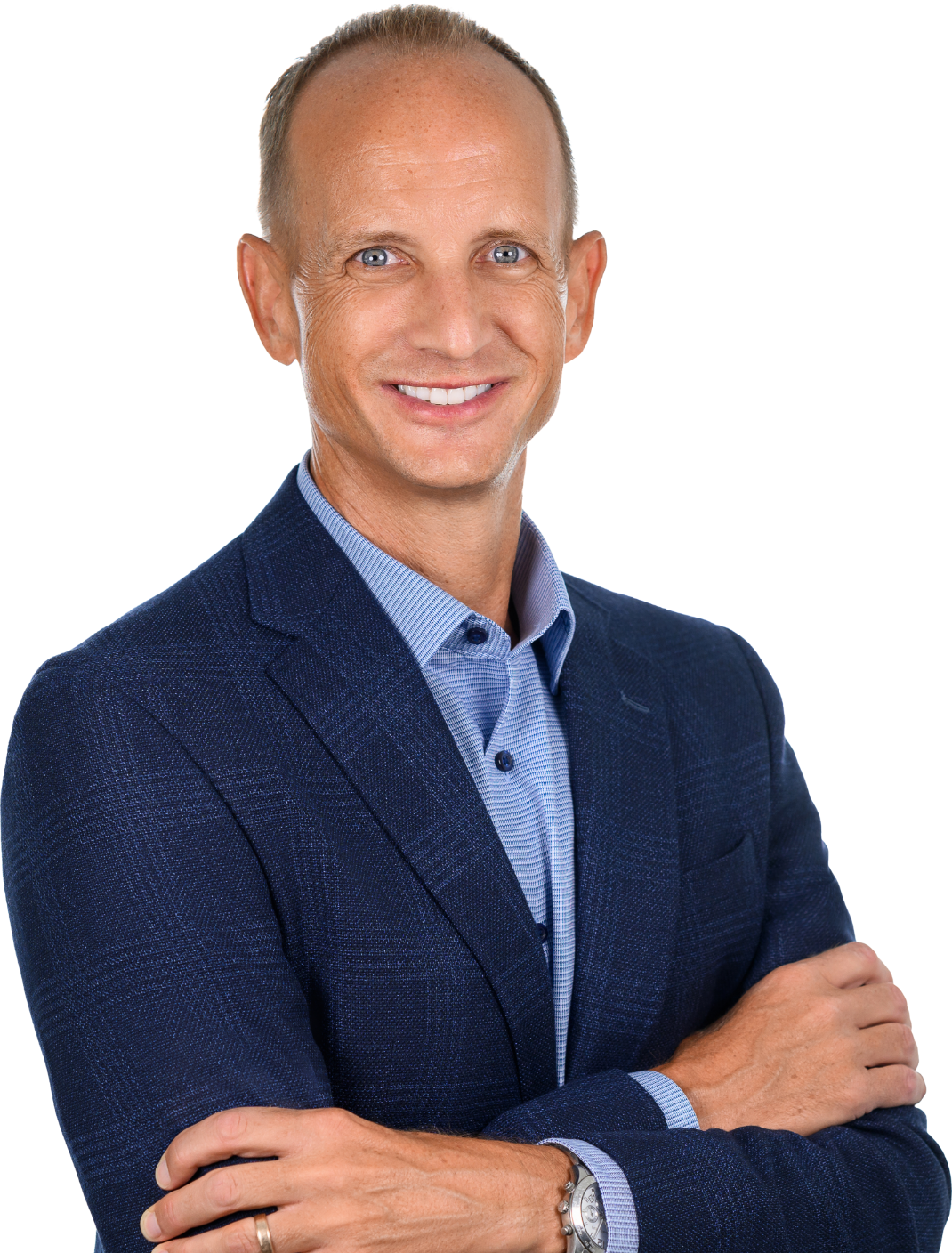Chuck has over 30 years of experience in developing investment strategies for wealthy families and institutions. In his role as Chief Investment Officer (CIO) of TFO Family Office Partners, Chuck is responsible for leading the firm’s investment practice and oversees the investment advisory services provided to all clients. This includes asset class research, asset allocation strategies, manager selection and portfolio construction as well as related communications and interaction with clients. Chuck has over 15 years of experience in CIO or similar roles, helping clients define their goals and objectives, developing optimal portfolio allocations in light of those goals, and conducting in-depth investment manager research/due diligence. Having spent the first 10 years of his career at accounting firm Arthur Andersen, he also has a deep understanding of the impact of taxes on one’s wealth and the importance of designing tax-aware investment solutions. Chuck leads TFO Family Office Partners’ Investment Committee as well as serving on its Operating Committee and Executive Committee.
What most excites you about your work?
The fact that both our clients’ lives and the financial world are constantly changing. We have a very thoughtful, consistent investment approach, and it’s fun to figure out how to apply it and communicate it to clients with all of their unique challenges. I always smile when I hear people talking about “the new normal” or waiting for the “uncertainty in the markets to subside.” Uncertainty is the norm in investing. As investors we all have to embrace that fact to help us have a successful experience.
Why did you choose TFO Family Office Partners?
That’s easy: My colleagues. When our firm was founded in 2011, I didn’t think there was another firm of people who was as talented, as integrated and, most importantly, who cared as much about helping clients and each other as our initial team did. The best part is that today, with 50+ more people, I still feel the same way.
What are some of your life's biggest influences?
My late father, who passed away when I was 22. He taught me to take pride in what I do, and the importance of persistence. There were countless times in my childhood, either in school or sports, where he would come home and his first question to me wouldn’t be “Did you win or lose?” or “What grade did you get?”, but rather, “Did you try your best?” Today, I keep thinking that if I get a little bit better every day, I can still answer his question “Yes”.
Education
University of Wisconsin-Madison
B.B.A. Accounting
Hobbies and Interests
- University of Wisconsin sports (Jump around!)
- Proud, supportive (sometimes frustrated) Tennis Dad
- Attempting to make music via guitar
Industry Designations and Certifications
Chartered Financial Analyst® (CFA®)
Chartered Alternative Investment Analyst (CAIA)


Ready to create your wealth and purpose plan?
Getting started is easy. Set a time to talk.
Let’s Talk

